Homemade pastry is much tastier and more fragrant than the store-bought ones. They are preferable because we know what ingredients we have used to make them and they're much tastier. But how do we knead dough well?
In general, there are two types of dough - with or without baker's yeast. No lbaking powders can increase the volume of the dough as much as baker's yeast. There is dried and fresh yeast in the shops.
When kneading the dough with baker's yeast, it is mandatory to dissolve it in a little warm water. If you're adding salt, the rising process will accelerate. You can skip dissolving dry yeast before kneading and add it directly to the flour. If your dough made is with baking soda, it does not need to be left to rise before baking.
Aside from having to be careful with yeast, there are other subtleties in kneading. Always sift the flour and let it sit for a while. Work in a warm temperature room. Make a well in the flour and pour in the diluted yeast, eggs and other products listed in your recipe.
The dough is always fermented in a warm place, then kneaded again with more flour, if necessary. And if you're preparing butter dough, do not knead it for a long time, because its qualities will deteriorate. Whatever the purpose of the dough, knead it until you get bubbles.
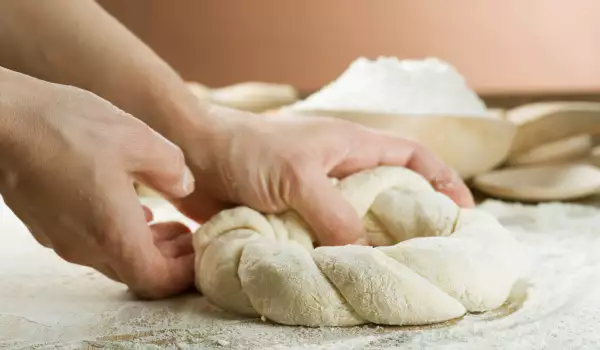
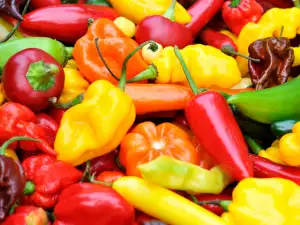


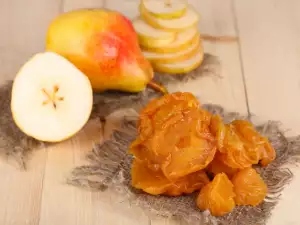



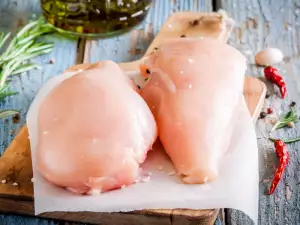
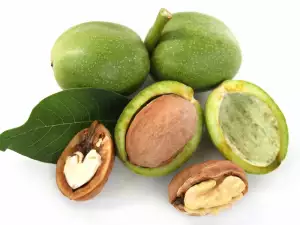
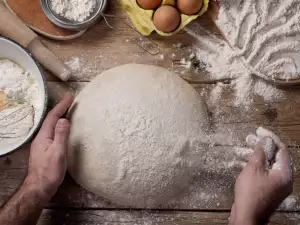

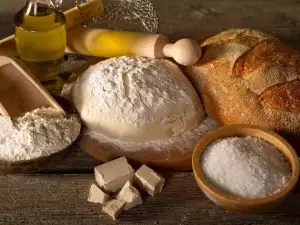
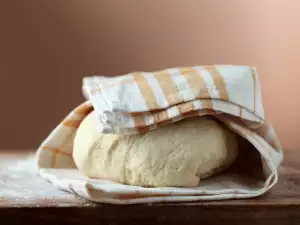
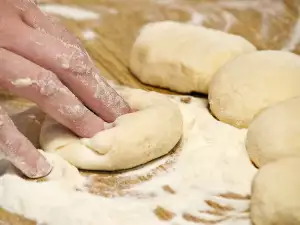




Comments